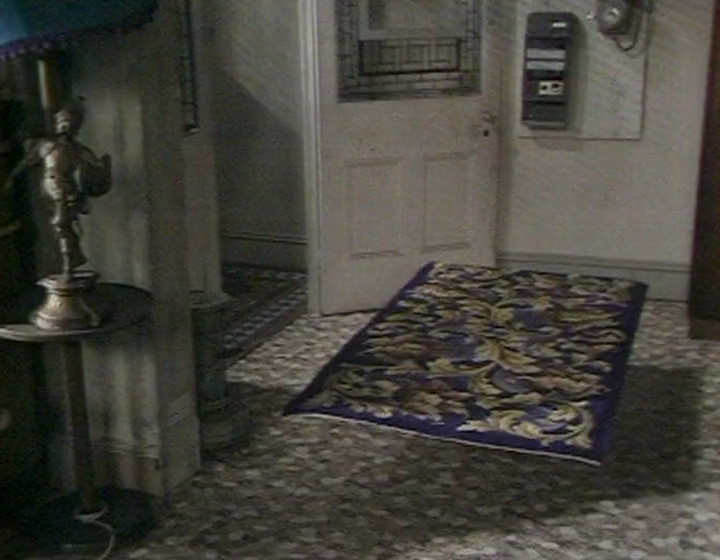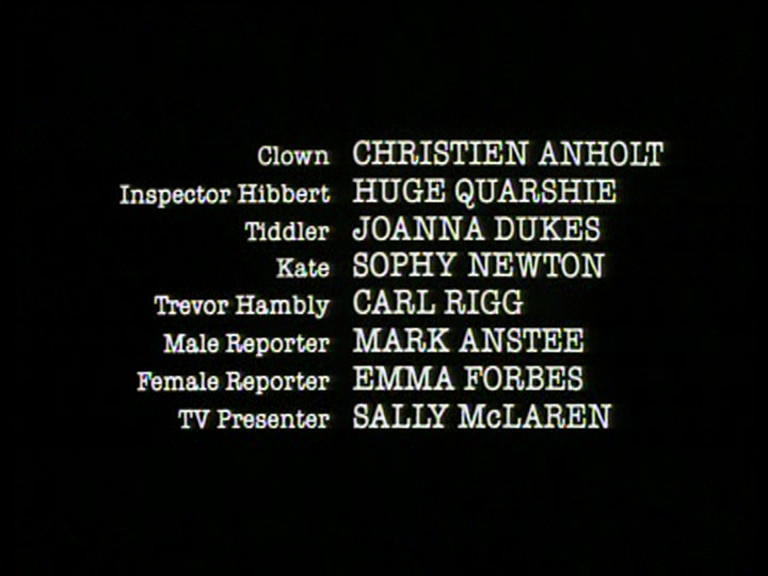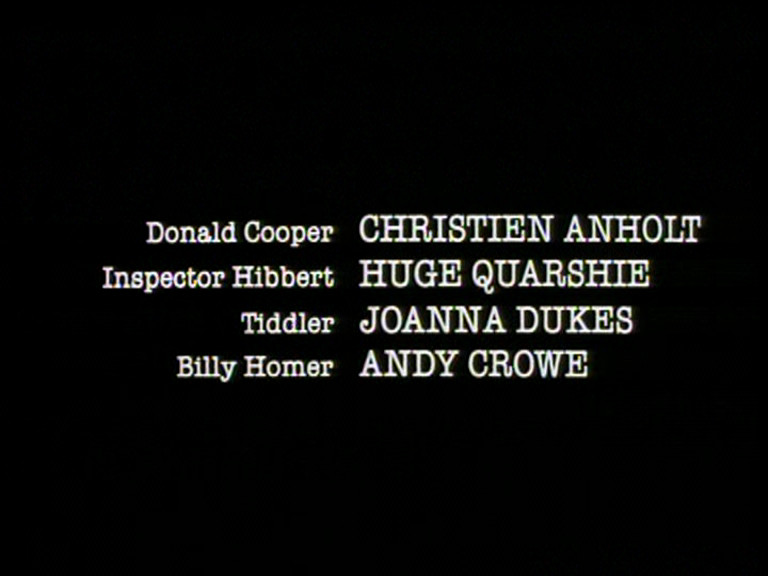I’m supposed to have grown up with radio comedy, you know. More specifically, I’m supposed to have grown up with a radio underneath my bedclothes. Ideally listening to Blue Jam, if I had been particularly with it.
I wasn’t, so I didn’t. Oh, I just about managed a Hitchhiker’s repeat, at some point in the 90s. Beyond that, there was a whole world out there which I just didn’t bother with. If the best pictures were from radio, I wasn’t really interested in them.
The obvious question is why, and I think the answer is one of love, rather than hate. I didn’t hate radio comedy; I simply didn’t listen to it. No, my love was for the telly. I distinctly remember recording every single episode of the nineties repeats of Fawlty Towers off-air; perhaps that was the start of my love of archive television, but it didn’t feel like archive television back then. It was just TV. And I loved TV. Especially sitcoms, sketch shows, and game shows.
But surely, even if I didn’t listen to radio comedy, I at least listened to the Top 40 and stuff? Not really. The radio was on at various points, but it wasn’t really my thing. My things were obvious and comfortable: when it wasn’t television, it was my computer, a BBC Master.1 Endless time spent playing games, or programming, or writing silly things on it.
I think, when I was younger, I needed visuals. That’s how I interacted with the world. Something to look at. I watched and loved The Day Today; it wasn’t that I hated On The Hour, it just wasn’t on my radar.
So when, in the early 2000s, I found a forum online, and saw everyone talking about radio comedy… I was slightly nonplussed. That’s what I was supposed to have been doing?
Nonplussed, and inadequate. I wasn’t a proper comedy fan. Damn.
* * *
Fast-forward to some undetermined day in the 2010s. I’m watching the bonus features on the Series 1 DVD of That Mitchell and Webb Look. And in the Making Of documentary, David Mitchell suddenly says the following:
“We’d always wanted to be on TV, ‘cos that’s where I got into comedy really, watching TV. Growing up, watching Blackadder, and Monty Python, and that kind of thing. So yeah, I’d like to say I grew up listening to Radio 4 and The Goon Show and that kind of thing, and I did have a few tapes of The Goon Show, but basically it was TV, so I’ve always wanted to be on TV. That in my own head, is where successful comedians are.”2
I grin. Because that’s me. I wasn’t stupid after all. Somebody who is very, very, very funny felt exactly the same as I had.
And that’s how a heterosexual white male can still experience that unexpected rush of feeling represented.
Better than a BBC Micro. ↩
It’s worth paying attention to exactly what Mitchell says there. He doesn’t say that successful comedians are on television rather than radio; he clearly says “in my own head”. It’s not actually true, and he knows it. He’s talking about feelings, not facts, and carefully flags it as such. ↩



